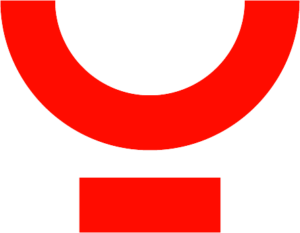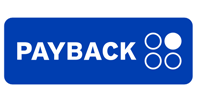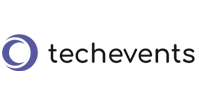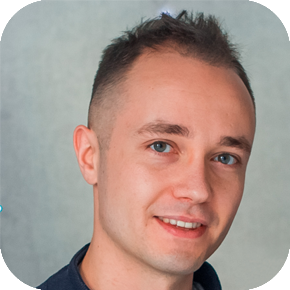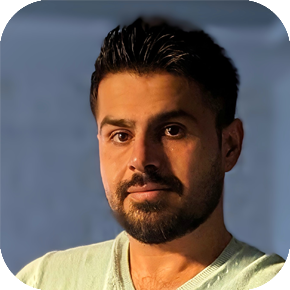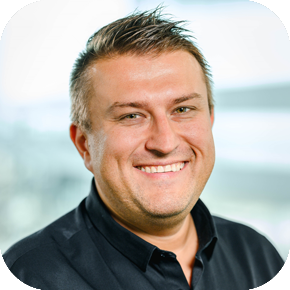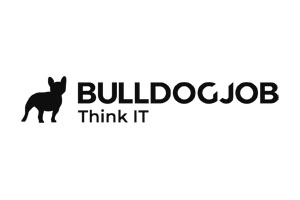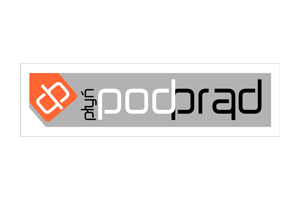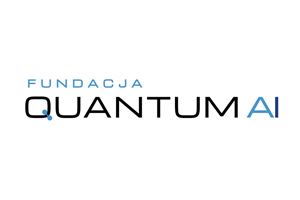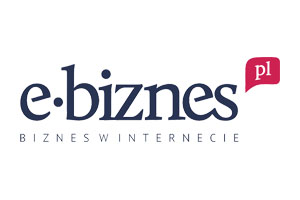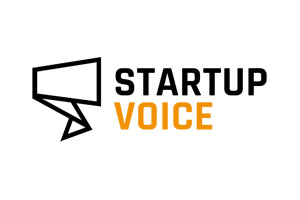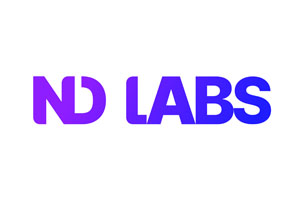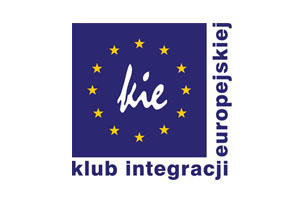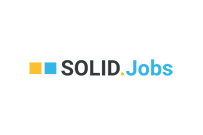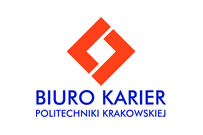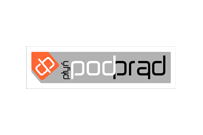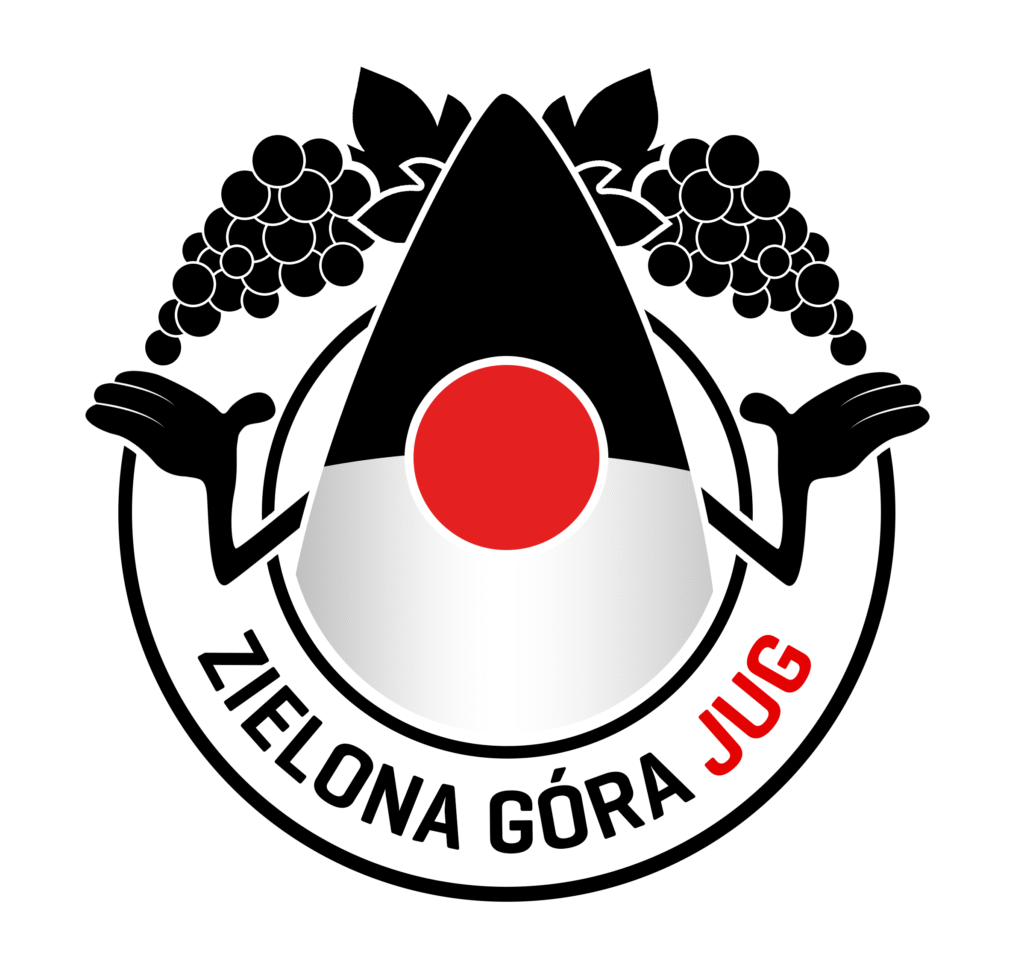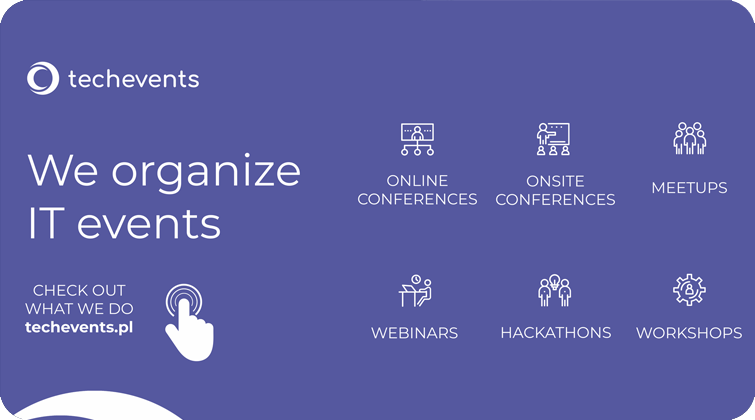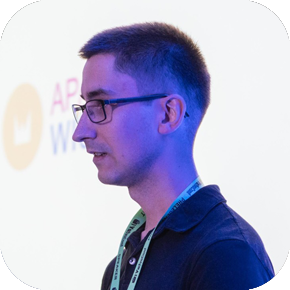JEurope 2025 is one of the largest conferences about Java in Warsaw.
The first edition launches on June 10, 2025, at ul. Emilii Plater 53 (on the 23rd floor) in the center of Warsaw. It is aimed at IT professionals who want to find their way around the world of the latest technologies, tools, and businesses.
The event brings together architects, consultants, programmers, AI specialists, data specialists, security specialists, and representatives of large companies.
Expect the highest level of presentation and influential speakers from the Polish IT industry. Meet recognized and innovative IT companies that will present themselves at their stands. Connect with companies through the IT Job Fair and IT Services Fair that will take place during the conference.
TOPICS
Check the main themes and find your reason to visit our conference.
Java
Cloud
Software architecture
AI
Developer
DDD
Softskill
Kafka
Why it’s worth it
Job Fairs
One-of-a-kind Job Fairs with offers for different types/classes of specialists of Java technologies.
Big event
It’s one of the largest conferences dedicated to Java in Warsaw. Attend 5 technical presentations about Java technology.
Fresh opportunities
Meet a new company in Poland that is a leading Java employer.
Amazing speakers
The best speakers of the Polish IT scene. Learn their methods for success in IT!
TOPICS
There is no shortage of great speakers at our event!
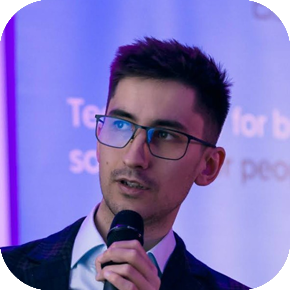
Kamil Banach
Java Expert
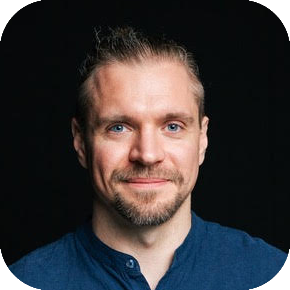
Grzegorz Piwowarek
Java Expert
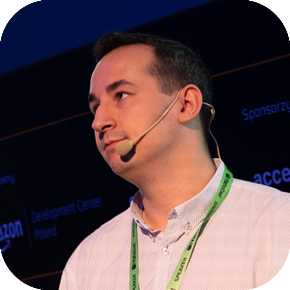
Krystian Zybała
Java Expert
DAILY PLAN
AGENDA FOR THE EVENT
11:00
60 years of BEC Fintech: Transformation in action – our way
Join me as we explore BEC’s legacy and the technologies that have shaped its evolution. We’ll unpack the journey from mainframe dependency to modern solutions—highlighting the strategic transformation that’s powering the future of 60 years old Danish fintech and lessons learnt.
Patryk Mierzejewski
Development Manager, BEC Financial Technologies
11:15
How to Rewrite 20+ Critical Banking ETL Applications and Sleep Well at Night
In the presentation you will learn how my team successfully rebuilt over 20 critical banking ETL applications from scratch using Java, replacing systems that had been stable for 15 years. We'll dive into our non-standard testing approach, technical insights, and the challenges we overcame along the way. Don't miss out!
Dzmitry Paddubnik
Software Engineer, BEC
12:00
Break and networking
12:10
Performance testing: how to do it right
Performance testing seems easy to do, but it is easy to do badly. Get an understanding of the different types of performance testing, when to use them, and good tools for each.
James Livingston
Solution Architect, TP Connects Technologies
12:50
Break and networking
13:00
GraphQL
GraphQL is a modern API technology developed by Facebook for efficient data fetching.
It lets clients request exactly the data they need, reducing over-fetching and under-fetching.
Unlike REST, GraphQL uses a single endpoint and flexible queries.
It's ideal for complex applications like mobile apps and dynamic UIs.
Learn how GraphQL schemas, queries, and resolvers power smarter APIs.
Abbas Jafari
PAYBACK
13:40
Lunch time
14:10
Is Concurrency a Necessity?
In today’s world, applications run in increasingly complex and distributed environments. Growing data volumes and stringent performance requirements pose a challenge for developers—how do you scale, optimize speed, and still maintain code readability? In the presentation “Is Concurrency a Necessity?”, we’ll explore how Java, both in local applications and distributed systems, handles multithreading and asynchronous processing.
We’ll discuss Java’s built-in concurrency mechanisms (e.g., Thread, Executor, Future) along with popular libraries that facilitate multithreaded workloads (Reactor, Spring WebFlux, Quarkus). You’ll learn why the classic approach to multithreading may no longer suffice and how asynchronous programming shapes modern application design. We’ll also look at where code optimization ends and organizational challenges in distributed architectures begin—such as coordination, data consistency, and resilience against failures.
During the session, we’ll share best practices, design patterns, and lessons learned from years of working with multithreaded and distributed systems. By the end, we’ll answer the question: is concurrency truly a necessity in today’s projects, or rather a powerful tool to be used thoughtfully and with clear purpose?
Krystian Zybała
Java Expert
14:50
Break and networking
15:00
Thinking in Streams
In 2014, JDK 8 introduced the Stream API, bringing a taste of functional programming to Java. 11 years later, in 2025, with the release of JDK 24, the biggest change awaits us in the form of JEP 485 - Stream Gatherers.
Do streams make sense (spoiler: yes!), what benefits do gatherers bring, when is it worth using parallel streams, and when can they get in our way - these and other questions will be answered while writing the code.
Kamil Banach
Java Expert
15:30
Break and networking
15:40
What Can a Java Developer Learn from Golang?
Golang is often mocked for its simplistic approach of solving every problem with a finite number of if statements and for loops. Can we learn something from such a "simple" language? Let's see! We'll discuss things like modularity, interfaces, concurrency, and tooling, and see how we can port those ideas to Java.
As a bonus, you'll learn how to write idiomatic Golang.
Grzegorz Piwowarek
Java Expert
16:10
End of the conference
Our conference

Knowledge and inspiration
JEurope 2025 is an excellent place to gain new insights and learn new skills. You’ll have the chance to listen to presentations by outstanding experts in Java technologies, who will share their experiences and best practices. This is a great opportunity to discover new techniques, tools, and approaches related to Java technologies that can help you in your programming skills development.
#java #software #event
Network of contacts
Our onsite conferences creates a perfect opportunity to establish new professional contacts. You’ll be able to meet other Java technology enthusiasts, programmers, specialists, and company representatives who share your interests and passion for this programming language. You can exchange experiences, ask questions, and even find potential collaboration opportunities, and even work.
#networking


Meet us there
The conference will take place on the 23rd floor of the Warsaw Financial Center building at ul. Emilii Plater 53 in the center of Warsaw.
join the sponsors
Why is it worth becoming the sponsor of JEurope 2025?
- We’re the one of the largest conferences about Java in Warsaw.
- We reach the most experienced specialists from all over Poland.
- We believe in the high substantive value.
- A chance to present job offers to the conference participants.
- An opportunity to share the knowledge and build a substantive company image.
book your ticket
What’s in it for you?
- Free ticket to the conference.
- Access to unique conference content.
- Possibility to watch substantive presentations.
- Chance to ask questions to speakers after their speeches.
- Opportunity to learn about new companies and new career development opportunities.
- Integration with participants from all over Poland.
- Access to the Java Job Fair.
- Free catering and drinks.
Join the idea
We support a charity
We encourage all participants of the JEurope 2025 conference to support the Lubelskie Hospicjum dla Dzieci im. Małego Księcia. Hospice helps terminally ill children.
You can donate 1.5% of your tax to the organization or pay any amount to their treasury.
More information can be found on the official website: https://hospicjum.lublin.pl/
Media partners
Here are the media brands that are already with us! If you want to join, please contact us.
Media partners
Here are the media brands that are already with us! If you want to join, please contact us.
